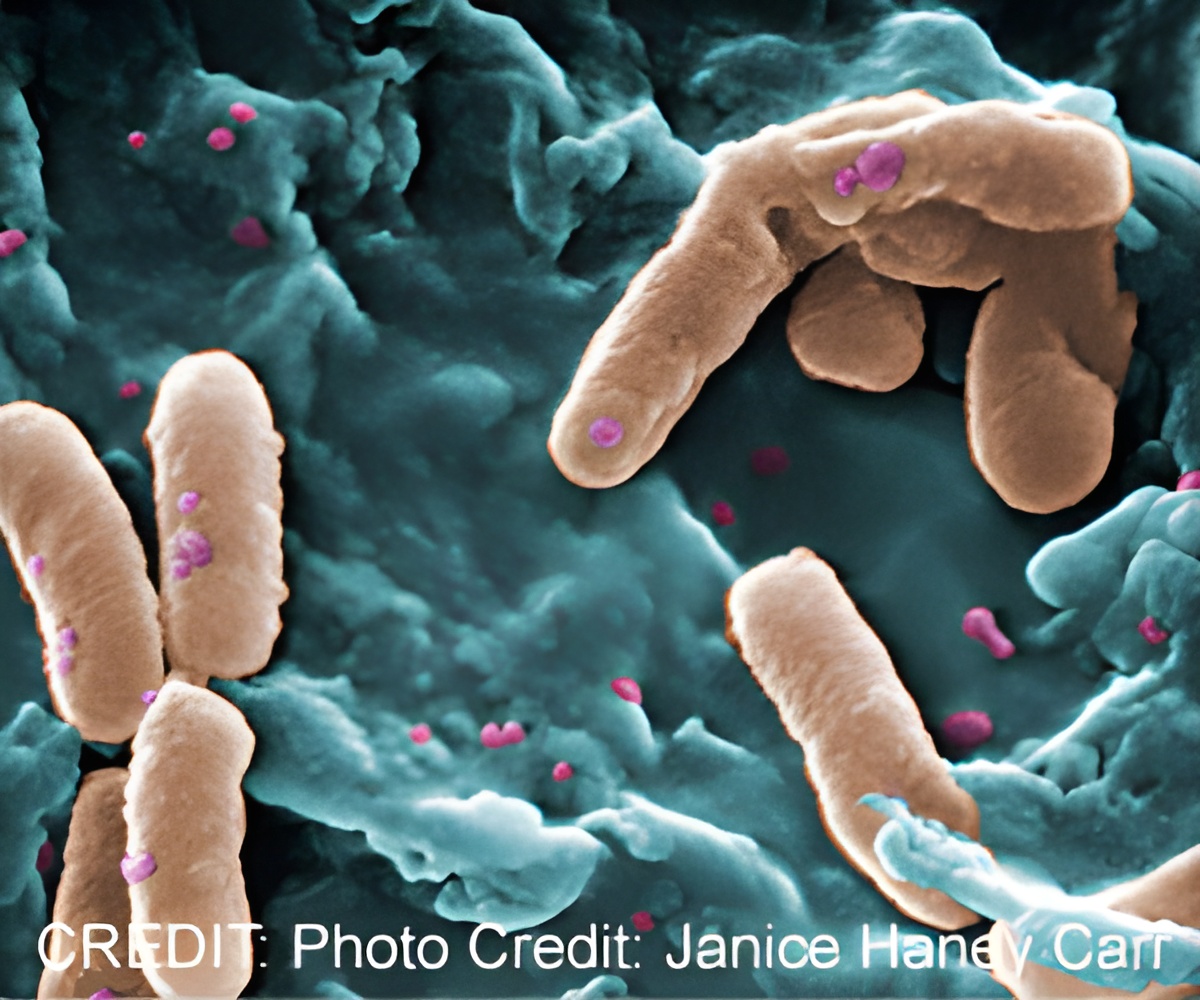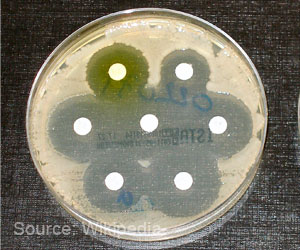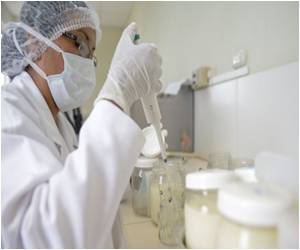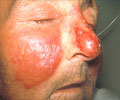Interferons produced naturally in the bodies are involved in fighting back against the bacterial Klebsiella infection.

‘Interferons are produced naturally in the bodies, which are involved in fighting back against the bacterial Klebsiella infection.’





Multidrug resistance of microbes poses a serious global threat to human health. Globally, 700,000 people die every year due to antimicrobial resistance.The bacteria Klebsiella pneumoniae causes a number of infections including sepsis, urinary tract infections and pneumonia. As Klebsiella becomes more resistant to antibiotics, these common infections are becoming increasingly difficult to treat, which has led to the World Health Organisation recently declaring an urgent need for new therapeutics to be discovered for Klebsiella.
Professor Jose Bengoechea from the Wellcome-Wolfson Institute for Experimental Medicine at Queen's University Belfast and one of the lead researchers explains:
"Klebsiella pneumoniae is of particular concern as it can cause infections such as bladder infections and pneumonia and has mortality rates of 25-60 per cent. Antibiotics that were previously used to treat these infections are no longer effective meaning treatment options for common illnesses are becoming increasingly limited."
However, a recent discovery by researchers at Queen's University and the University of Vienna could radically change the approach to treating this common infection. The research findings, published in the high profile journal Plos Pathogens, show that interferons, naturally produced in our bodies, are fighting back against the bacterial Klebsiella infection.
Advertisement
The research has discovered how immune cells arriving at the site of infection communicate and join forces to eradicate Klebsiella during lung infections. The study suggests that future therapies of severe Klebsiella infections could target the immune system, rather than the pathogen itself.
This timely discovery coincides with the World Health Organization's (WHO) 'Antibiotic Awareness Week' (13 - 19 November 2017), during which WHO are raising awareness of the dangers of the global threat of antibiotic resistance, to avoid a return to a time before the discovery of antibiotics when infectious diseases were the main cause of mortality.
Source-Eurekalert















